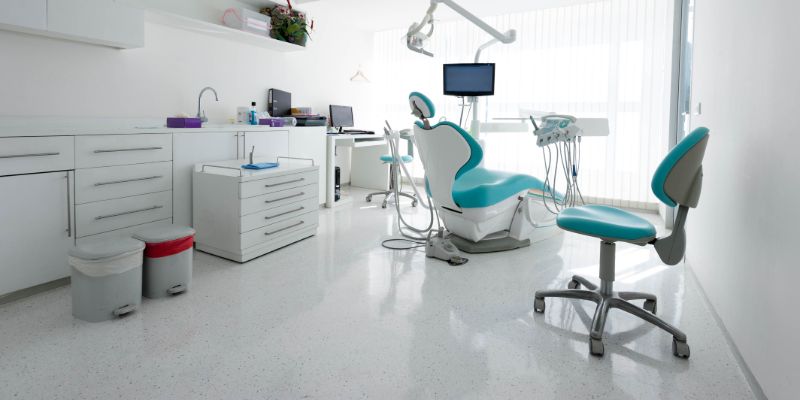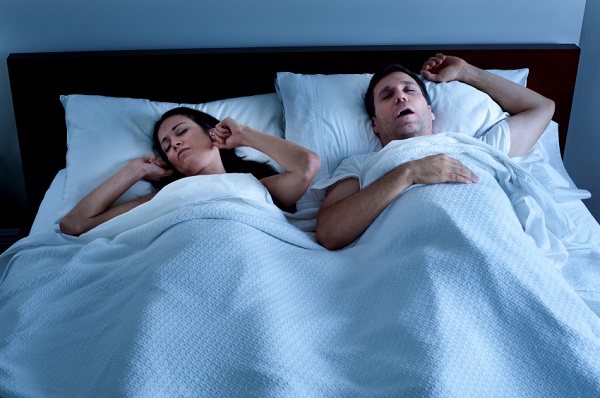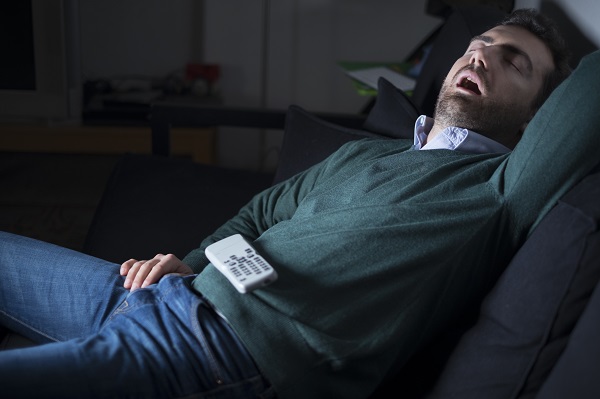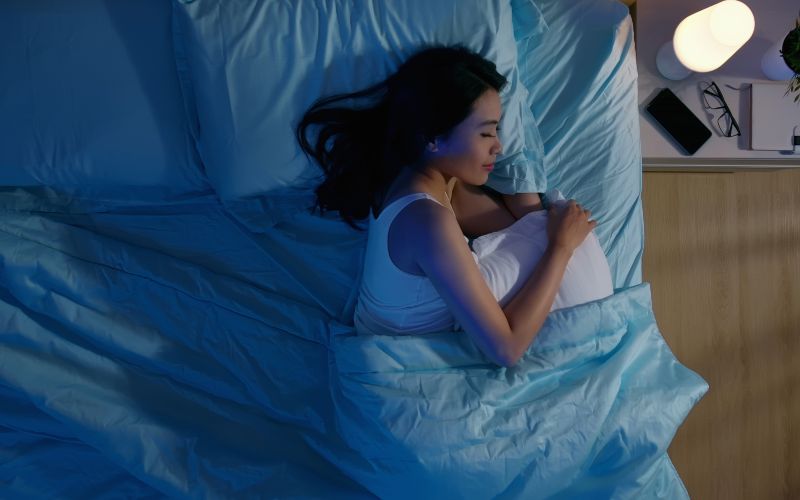Enhance Your Quality of Sleep With Dr. Garceau
Our Windsor dentist, Dr. Roberta Garceau offers advanced sleep apnea treatment to promote the health of our patients. As a sleep specialist, Dr. Garceau is committed to educating patients about the symptoms and causes of sleep apnea. Thanks to her participation in advanced dental sleep medicine courses, Dr. Garceau is trained in screening for and treating sleep apnea.
We’re proud to serve all Connecticut patients in Granby, Hartford, Simsbury, and the surrounding areas. Enhancing lives and providing quality care is our top priority. Schedule a consultation at our Windsor office today by giving us a call at (860) 254-6189 or request an appointment online.


What Is Sleep Apnea?
Sleep apnea is a medical condition that restricts the amount of oxygen breathed throughout the night. During an episode, the patient stops breathing for several seconds at a time until their brain sends a signal to restart breathing by subconsciously waking the patient. Sleep apnea can lead to other health issues if left untreated.
Patients are advised to schedule an appointment with their dentist if they notice any symptoms of sleep apnea such as:
- Daytime fatigue
- Loud snoring
- Gasping for air during sleep
- Pauses in breathing
- Waking up to use the bathroom frequently
- Depression and anxiety
- Irritability
- Morning headaches
At your appointment, Dr. Garceau will be able to assess your symptoms, recommend a sleep study, and provide treatments such as oral appliances and continuous positive airway pressure (CPAP) machines.
Types of Sleep Apnea
It’s important for patients to know that there are three types of sleep apnea and their treatment methods differ greatly. The three types of sleep apnea are Obstructive Sleep Apnea (OSA), Central Sleep Apnea (CSA), and Complex Sleep Apnea, also called Mixed Sleep Apnea. All types of sleep apnea cause breathing to stop during sleep, but they have different causes.


Risk Factors for Developing Sleep Apnea
Our goal is to prevent patients from developing sleep apnea by encouraging them to avoid things that may put them at risk. While anyone can develop sleep apnea, there are several factors that can increase your risk for developing the disorder such as:
- Obesity
- High blood pressure
- Diabetes
- Smoking
- Being male
- Age
- Genetics
- Use of alcohol or sedatives
Treating Sleep Apnea
The first step towards a good night’s sleep is a sleep study test with Dr. Garceau. This will allow her to make a diagnosis and discuss your sleep apnea treatment options.
Oral Appliances
Oral appliances are custom-made mouth guards that are worn while you sleep. As the second most recommended treatment method for sleep apnea, oral appliances help to alleviate symptoms of snoring and sleep apnea.
CPAP Machines
Continuous positive airway pressure machines (CPAP) are generally recommended to patients with severe cases of sleep apnea. This device ensures your airways stay open while you get a good night’s sleep.

Frequently Asked Questions
What are the dangers of not treating sleep apnea?
Will insurance cover my treatment for sleep apnea?
How can I reduce my risk of sleep apnea?
- Maintaining a healthy weight
- Regular exercise
- Changing your sleep position, also referred to as positional therapy
- Using a humidifier to open your airways
- Avoiding smoking and alcohol consumption
What should I do if I think I have sleep apnea?
Schedule a Consultation With Dr. Garceau
If you’re suffering from the symptoms of sleep apnea and want to improve your quality of sleep, don’t hesitate to schedule an appointment=. Our experienced Windsor dentist is ready to guide you on your journey to a healthier life. Call our Windsor office today at (860) 254-6189 or request an appointment online. We can’t wait to hear from you.
